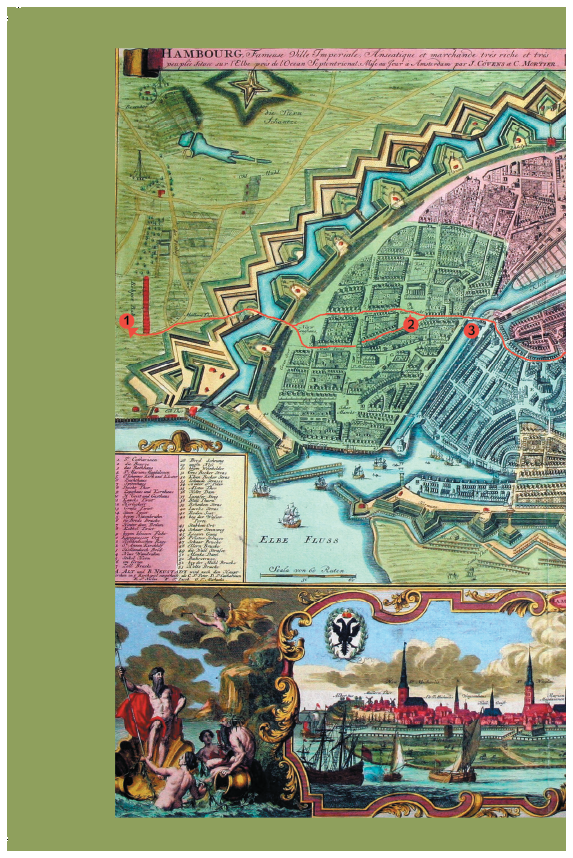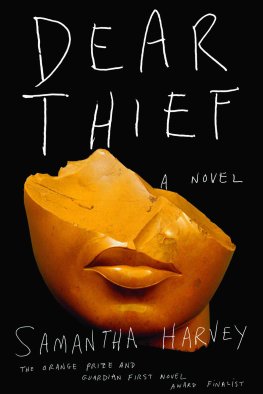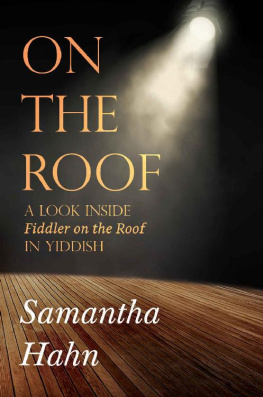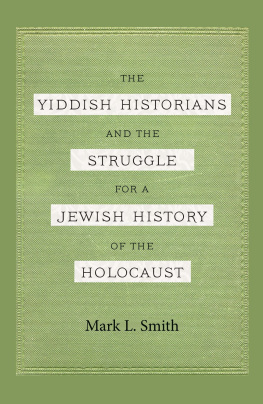
THE TAUBER INSTITUTE SERIES FOR THE STUDY OF EUROPEAN JEWRY
Jehuda Reinharz, General Editor
ChaeRan Y. Freeze, Associate Editor
Sylvia Fuks Fried, Associate Editor
Eugene R. Sheppard, Associate Editor
The Tauber Institute Series is dedicated to publishing compelling and innovative approaches to the study of modern European Jewish history, thought, culture, and society. The series features scholarly works related to the Enlightenment, modern Judaism and the struggle for emancipation, the rise of nationalism and the spread of antisemitism, the Holocaust and its aftermath, as well as the contemporary Jewish experience. The series is published under the auspices of the Tauber Institute for the Study of European Jewryestablished by a gift to Brandeis University from Dr. Laszlo N. Tauberand is supported, in part, by the Tauber Foundation and the Valya and Robert Shapiro Endowment.
For the complete list of books that are available in this series, please see www.brandeis.edu/tauber
CHAERAN Y. FREEZE
A Jewish Woman of Distinction: The Life and Diaries of Zinaida Poliakova
CHAVA TURNIANSKY
Glikl: Memoirs 16911719
DAN RABINOWITZ
The Lost Library: The Legacy of Vilnas Strashun Library in the Aftermath of the Holocaust
JEHUDA REINHARZ AND YAACOV SHAVIT
The Road to September 1939: Polish Jews, Zionists, and the Yishuv on the Eve of World War II
ADI GORDON
Toward Nationalisms End: An Intellectual Biography of Hans Kohn
NOAM ZADOFF
Gershom Scholem: From Berlin to Jerusalem and Back
MONIKA SCHWARZ-FRIESEL AND JEHUDA REINHARZ
Inside the Antisemitic Mind: The Language of Jew-Hatred in Contemporary Germany
ELANA SHAPIRA
Style and Seduction: Jewish Patrons, Architecture, and Design in Fin de Sicle Vienna
A Sarnat Library Book
HBI SERIES ON JEWISH WOMEN
Sylvia Barack Fishman, General Editor
Lisa Fishbayn Joffe, Associate Editor
The HBI Series on Jewish Women, created by the Hadassah-Brandeis Institute, publishes a wide range of books by and about Jewish women in diverse contexts and time periods. Of interest to scholars and the educated public, the HBI Series on Jewish Women fills major gaps in Jewish Studies and in Women and Gender Studies as well as their intersection.
The HBI Series on Jewish Women is supported by a generous gift from Dr. Laura S. Schor.
For the complete list of books that are available in this series, please see www.brandeis.edu/hbi.
CHAERAN Y. FREEZE
A Jewish Woman of Distinction: The Life and Diaries of Zinaida Poliakova
CHAVA TURNIANSKY
Glikl: Memoirs 16911719
JOY LADIN
The Soul of the Stranger: Reading God and Torah from a Transgender Perspective
JOANNA BEATA MICHLIC, EDITOR
Jewish Families in Europe, 1939Present: History, Representation, and Memory
SARAH M. ROSS
A Season of Singing: Creating Feminist Jewish Music in the United States
MARGALIT SHILO
Girls of Liberty: The Struggle for Suffrage in Mandatory Palestine
SYLVIA BARACK FISHMAN, EDITOR
Love, Marriage, and Jewish Families: Paradoxes of a Social Revolution
CYNTHIA KAPLAN SHAMASH
The Strangers We Became: Lessons in Exile from One of Iraqs Last Jews
MARCIA FALK
The Days Between: Blessings, Poems, and Directions of the Heart for the Jewish High Holiday Season
INBAR RAVEH
Feminist Rereadings of Rabbinic Literature
Original Bilingual Yiddish-Hebrew edition published as Glikl: Zikhronot 16911719 (Zalman Shazar Center, 2006).
Brandeis University Press
2019 Brandeis University
All rights reserved
Manufactured in the United States of America
Designed by Eric M. Brooks
Typeset in Garamond Premier Pro by Passumpsic Publishing
For permission to reproduce any of the material in this book, contact Brandeis University Press, 415 South Street, Waltham MA 02453, or visit http://www.brandeis.edu/library/bup.html.
Library of Congress Cataloging-in-Publication Data available upon request
Cloth ISBN: 978-1-68458-005-7
Paperback ISBN: 978-1-68458-004-0
Ebook ISBN: 978-1-68458-006-4
5 4 3 2 1
IN MEMORY OF URI,
my beloved soulmate,
who was taken from me,
as Chaim from Glikl,
after thirty years of marriage
and who continues to
light up my life.
The publication of Glikl
was generously supported by
Valya Shapiro and
the Valya and Robert Shapiro Endowment.
The publication of Glikl
was made possible by the generous support of
the Fund for the Translation of Jewish Literature,
in loving memory of its founder and director,
Lucy S. Dawidowicz.
ILLUSTRATIONS
ACKNOWLEDGMENTS
I spent many years editing, annotating, and translating Glikls fascinating work, in the writing of which she found comfort following the death of her husband. Similarly to Glikl, this endeavor gave me solace after the loss of my husband.
My lengthy journey toward that critical annotated bilingual (Yiddish-Hebrew) edition of her memoirs published by the Zalman Shazar Center was an intellectual and emotional adventure. It involved constant, close, and intensive contact with friends, colleagues, and students, the staffs of libraries and archives, experts in an endless list of disciplines, all ready to answer my questions, share their knowledge, expertise, and wisdom generously and with devotion, and to help me understand the text and the world in which it was composed. My friend Erika Timm from the University of Trier in Germany, an incomparable expert in Old Yiddish language and literature, accompanied me closely during every stage of my work and graciously contributed a chapter elucidating Glikls language. Throughout the entire journey, I benefited from the expertise and wise counsel of my good friends Jacob Elbaum and Ada Rapoport-Albert, who read large portions of the bilingual edition carefully and offered illuminating comments.
Here, in this English edition, I would like once again to express my deepest gratitude to this wonderful web of people who contributed sage advice, support, and friendship. This edition is the result of the initiative and devotion of my student and long-standing friend, Sylvia Fuks Fried, in cooperation with the Zalman Shazar Center for Jewish History and the Tauber Institute for the Study of European Jewry. I must thank again, from the bottom of my heart, my close friend Ada Rapoport-Albert, who read significant portions of the English translation and offered skillful solutions to problems that arose from an exacting comparison with the source. Marion Aptroot generously consulted on the thorny questions of suitable spellings of the panoply of names that appear throughout. Etka Liebowitz andAliza Berger-Cooper translated the footnotes. I am grateful to my student and devoted research assistant Rebecca Wolpe, for her invaluable assistance with various translations and meticulous treatment of the notes and bibliography. I am deeply indebted to the extraordinary translator, Sara Friedman, whose translation is inspiring, enlightening, and delightful. My esteem for her is immeasurable.
This edition was made possible through the generosity of the Fund for the Translation of Jewish Literature, administered by Neal Kozodoy, the Valya and Robert Shapiro Endowment at the Tauber Institute for the Study of European Jewry, and a generous gift from Laura S. Schor in support of the HBI Series on Jewish Women.











